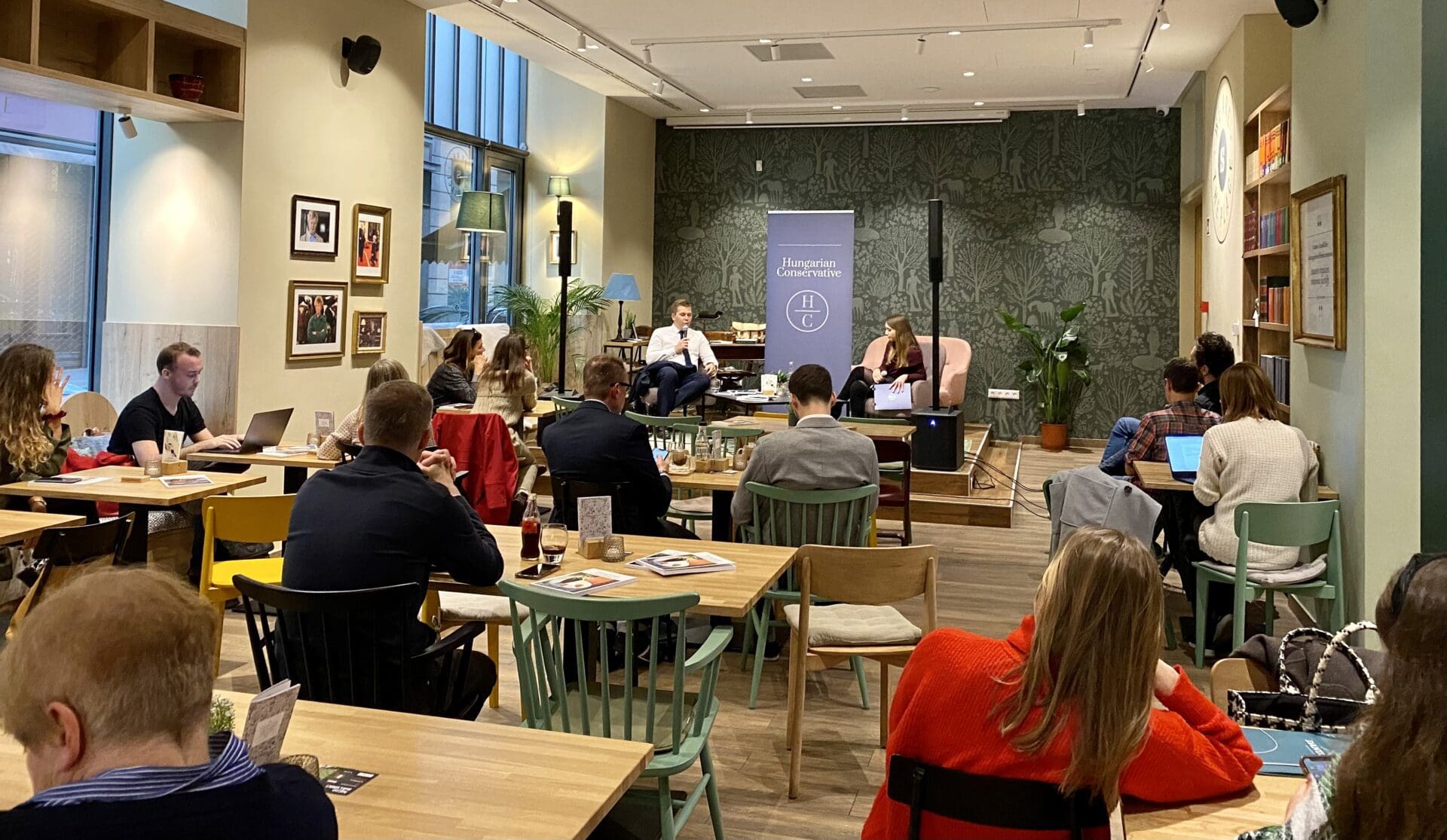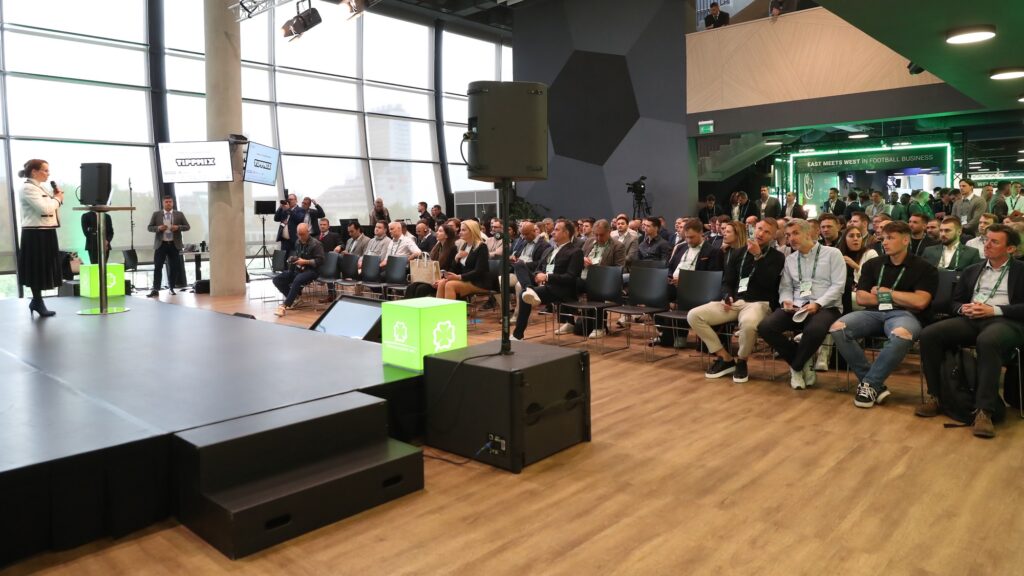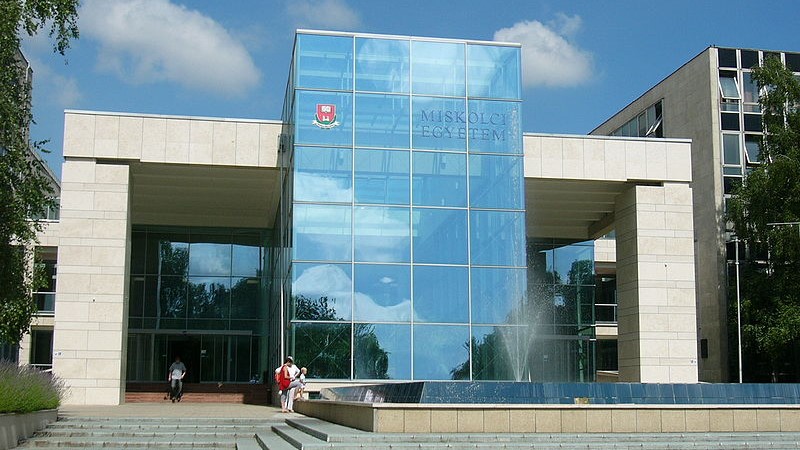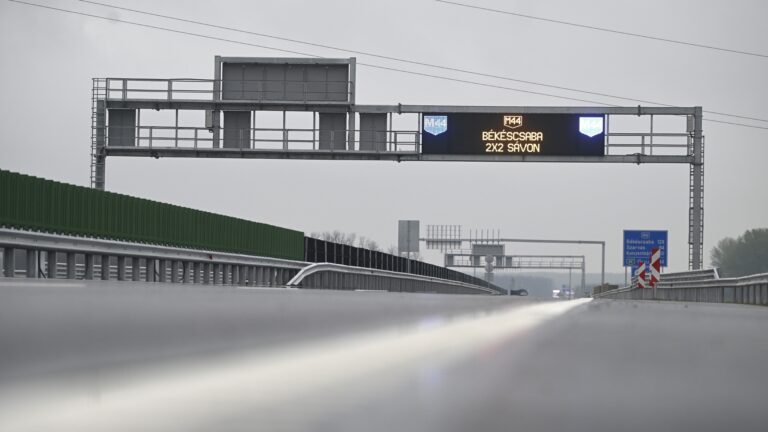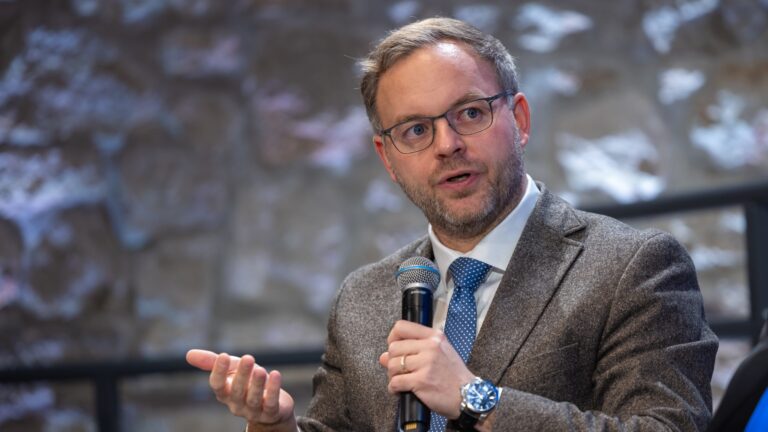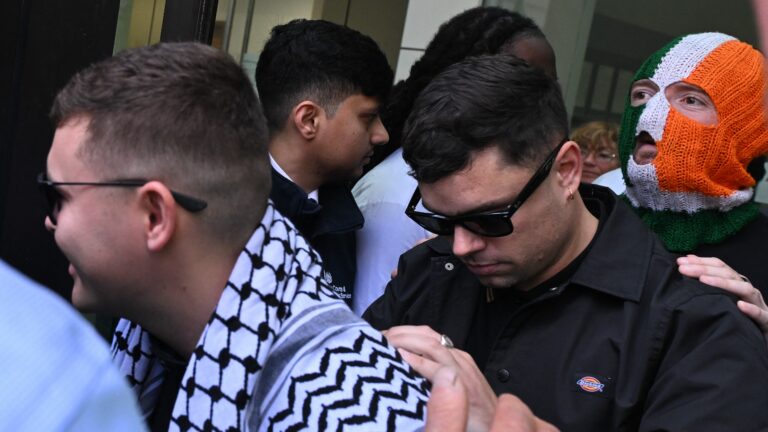This is the second part of an edited version of the discussion on the war in Ukraine that took place on 26 September at the Scruton VP café in Budapest. At the Hungarian Conservative event journalist and foreign policy expert Anton Bendarzsevszkij shared his thoughts on the conflict. You can read Part I here.
There have been opinions voiced lately suggesting that the West, especially the US, are not really interested in a peace in Ukraine. Does the West really profit from a lasting war, and is it indeed opposed to ending the conflict as soon as possible?
In a situation like this, every country has their own agenda. Ukraine wants to preserve its territorial integrity. The US on the other hand, has other goals. They want to prevent Russia from gaining more influence. Another factor the US considers is that if Russia is successful in this war, they are going to create a precedent for other countries. This would mean that they lead by example, and others might have the idea that if Russia can successfully annex territories of other countries taking them by force, than they can do the same. The US is also interested in weakening Russia economically. A long-lasting war will do exactly that, as the Russians are funnelling money and other resources into the army, incurring huge costs. For The EU, the main goal to achieve is peace, even though they are part of the Western alliance as well. The EU wants peace; however, it could be a double-edged sword.
Peace is one thing, what that peace entails is another
For example, if peace negotiations result in Russia taking over about 20 per cent of Ukrainian territories, then the peace is not beneficial for anyone expect Russia, as once again, that resolution would set a precedent for others. Furthermore, this would not create lasting peace as Russia is not really interested in new territories, they are interested in political power. They would probably just try to completely overtake Ukraine again at some point in the future.
The issue of nukes is another problem surrounding the war. Lizz Truss recently said that she would not hesitate to press the ‘red button’. Is a nuclear war a real threat?
Most likely not. It is important to mention that Truss said that in a context. The context being that if Russia launched a nuclear attack on Ukraine, then she would not hesitate to retaliate with the same means. Another important factor is that in 1994, Ukraine surrendered their own nuclear weapons in exchange for a Western commitment to protect its sovereignty and territorial integrity. Thus, if Russia decided to nuke them, a country with a significant nuclear weapons arsenal would end up attacking one that has no nuclear weapons. This—once again—would set a precedent for other countries. If we think about it, we can see the possible outcomes: should Ukraine suffer a nuclear attack, countries such as Israel would start to defend themselves against countries who have no nuclear weapons with nuclear attacks. Such a scenario would also raise another possibility, namely that those countries that have no nuclear weapons would not feel protected anymore, unless they acquire some themselves. To conclude, this would cause brutal international chaos. A scenario that both the US and Britain would like to avoid.
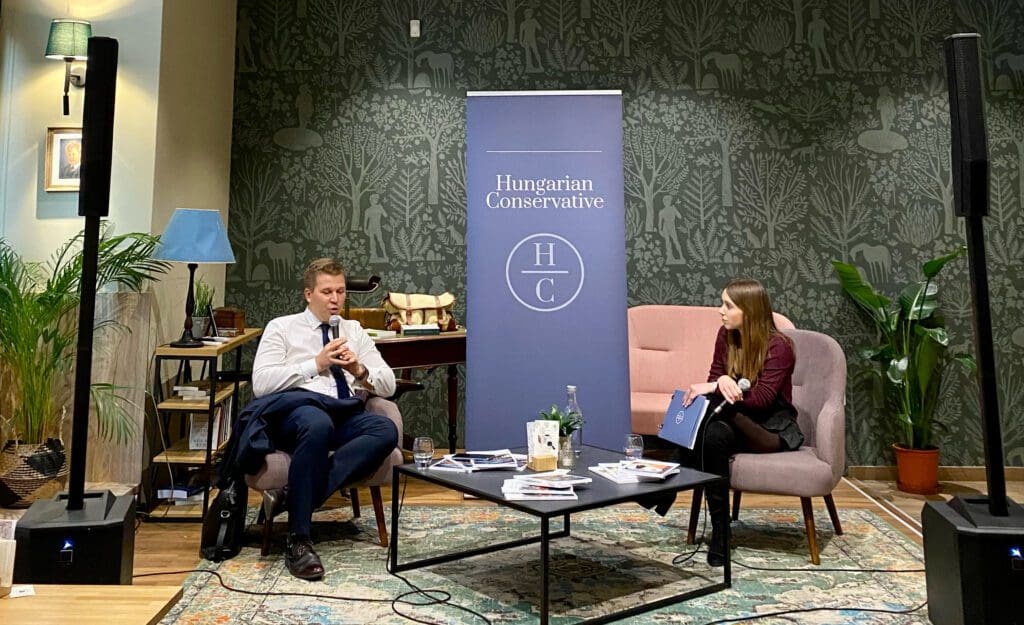
Putin’s strong position seems to have been shaken a bit. Could he be removed? Is there a chance of a change in Russian leadership?
Not right now, no. It is true that he is not as respected and supported as he was at the start of the war, however, he is not weakened enough for a change in leadership to happen. His support took a dip because he isolated himself and his country internationally, because his ‘3-day war’ has been raging for nine months now, which is a huge failure. To put it simply, the Russian army failed spectacularly. The announced mobilisation only proves and acknowledges the failure. If the well-trained military cannot succeed, are they really expecting the common folk to win the war? All this has started a wave of passive resistance in the country. A huge number of people are fleeing the country. At the start of the war, about two to three hundred thousand people did not agree with Putin’s politics. Now, Russia faces another wave of resistance, both active and passive. People in the country are burning down recruitment offices, are shooting at recruiters, and protesting in the streets.
On average, about 1–4 thousand protesters are arrested every day
However, passive resistance is more prominent than active resistance. Right now, on the border of Georgia there is a line of about 30 kilometres of those who are trying to flee Russia. In Kazakhstan, authorities reported that since the mobilisation was announced, roughly 200 thousand people have passed through their border. Almost every plane ticket out of the country has been sold. While in February only those were fleeing the country who did not agree with Putin’s politics, currently those who were passive, or even those who agreed with him are attempting to escape. Recent polls showed that 76 per cent of the population supported the President’s actions. However, it is imperative to note that most people in the country did not even know that there was a war going on at the time. The ‘special military operation’ has been broadcast as something beautiful, showing proud Russian warriors protecting their territories from Ukraine. This changed because of the mobilisation. The fact that anyone could be recruited has made Russians aware that there really is a war, and not only those who get paid for it are required to fight. News reports indicated that the idea of mobilisation emerged already in May, but Putin decided against it because surveys that were never made public showed that people did not support the idea. But now he is in so much trouble from a military standpoint that he could not delay it further.
The two resistances compared, is active going to be more prominent than passive?
As I see it, the system is not going to be changed bottom up. Historically, in autocracies it is much harder to achieve a regime change through protests than in democracies. The risk is too high for those who take to the streets or post on social media. There are reports about people posting their political opinion online, which then gets branded fake news and those who posted it get sentenced to 8 years in prison. Those who protest in the streets could also be jailed because of their actions. There have been cases where people did not get arrested at a protest, however, in the next days they received their draft notice. For these reasons, active resistance is far less common, because it is simply too risky. If a change ever happens, it will happen top down, coming from the political and economic elite in Russia, not from the common people.
The economic elite, however, is silent
Of the ten richest people in the country, only seven or eight spoke up about the war in the last nine months. All they said was that there needs to be an agreement, or peace, so they did not really commit themselves to either side. Most of the elites are silent or have already left the country. To conclude, a systematic change could only happen if the calculation of the political circles proves to be wrong, and in spite of the mobilisation the offensive fails as well. For now, the Russian elites are actually saying that there needs to be even more force employed in Ukraine. If that changes, if the war is not successful, then the Kremlin might start thinking about alternatives.
With regard to rebuilding Ukraine: how long will it take, and who is supposed to pay for it?
That really depends on who wins the war. If the Russian aggression fails, and they have to negotiate with the West, they will have to pay reparations. Moscow had built up a reserve of about 600 billion dollars in preparation for the war. Of that money, 440 billion has been frozen by the EU with the sanctions. The estimated costs for the rebuilding are around 5-600 billion dollars currently, but that number can be even higher. If Ukraine does not win, the peace negotiations would determine whether there are reparations. If Russia ends up annexing Ukraine, then it is their responsibility to rebuild the country, however, they would probably not have enough money for that, as the country is in huge trouble economically. If no one wins, and there is a stalemate, there will be no reparations for a long time, because no one will invest in Ukraine because of the threat of another war. But there have been good examples of quick reconstruction following wars, such as the rebuilding of Europe after the Second World War, which took about only seven to eight years.

